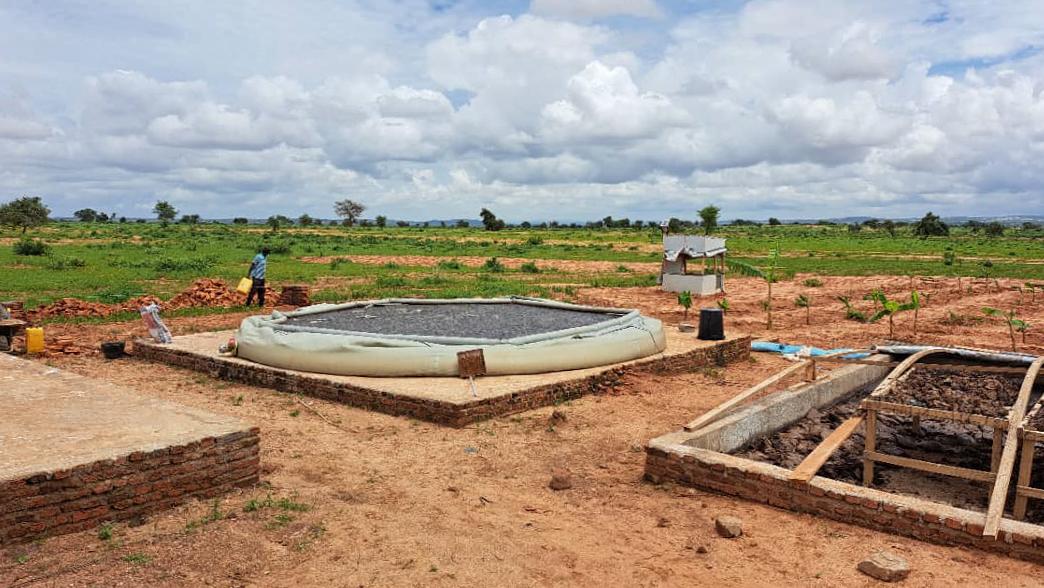
Climate change, accelerator of humanitarian crises
In 1 click, help us spread this information :

There is no doubt that our global environment is changing at an alarming rate. The scientific community has issued serious warnings.
For them, climate change is a threat to the future of humanity.
For MSF, humanity is our priority. But its survival is linked to that of its environment.
Our teams, direct witnesses of climate change
Displaced people, drought, malnutrition, conflict or even malaria, today we are already witnessing the effects of climate change:
- When there is very little water, it is impossible to grow crops and therefore produce food.
- As the climate warms and the rain cycle changes, insects like mosquitoes – which transmit diseases such as malaria and dengue fever – reproduce more quickly and survive in places where they were not before, exposing more people to these deadly diseases.
- When resources are scarce, these scarcities become sources of conflict. And conflicts force people to move.
- When natural disasters like cyclones or floods occur, they cause trauma, injuries, deaths, and diseases like cholera.
On the ground, the consequences of climate change are already being felt:
Our commitments to reduce our environmental footprint
Urgent action is needed now if the world is to remain a safe place to live. We want to do our part and we will do everything we can to reduce our ecological footprint.
How did we set this goal?
Before setting this goal, we took the time to calculate our carbon footprint because to reduce its impact, we must first identify its causes. In 2019, we therefore made a complete inventory of our carbon footprint. This observation is currently used as a common thread for all our decisions.
MSF HAS COMMITTED TO:
Reduce our carbon emissions by 50% by 2030
How will we achieve this goal? 90% of the total reduction will be achieved through 8 solutions:
Reduced air travel
Sea and road freight vs. air freight
Equipment repair and recycling
Avoid and reduce waste
Size and movements of the vehicle fleet
Environmental criteria for purchases
Deployment of renewable energies
Avoiding and reducing energy consumption from waste
Overview of actions already implemented by MSF:

In many countries, the effects of the climate crisis are already very real and have a considerable impact on health, but also on the organisation of access to care, the question of food resources and livelihoods. If we are to respect our medical ethics of “doing no harm”, we must also ensure that our own operating methods do not contribute to the climate crisis. This is why MSF has been committed for several years to reducing its environmental footprint, with the objective of reducing our emissions by at least 50% compared to 2019 levels by 2030. We have adopted several initiatives across the MSF movement: reducing non-essential air travel and freight, measuring and reducing our carbon emissions, adopting solar systems and more energy-efficient practices, as in Nigeria, avoiding and reducing waste and digitising processes."
— Thomas Kauffmann, Executive Director at MSF Luxemburg






